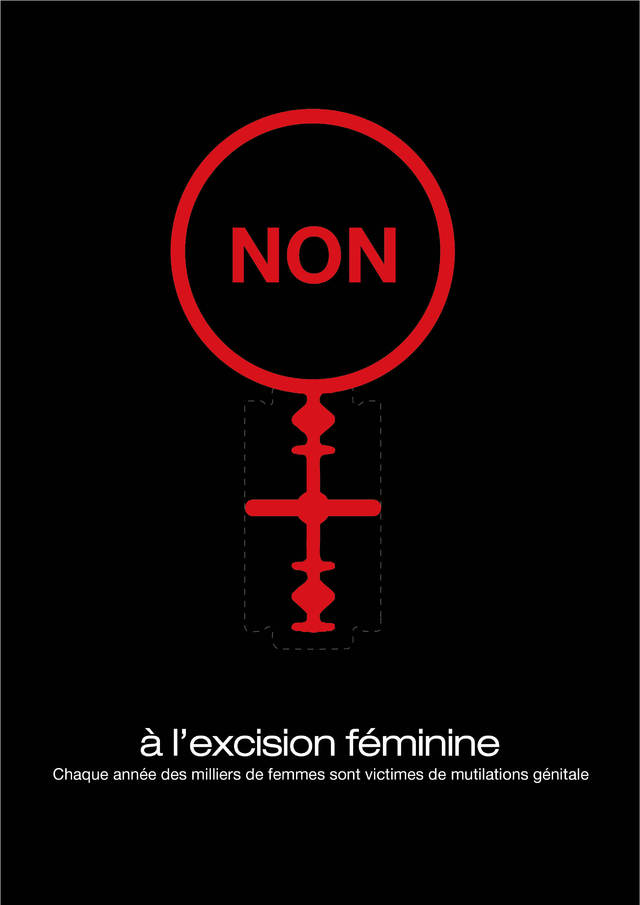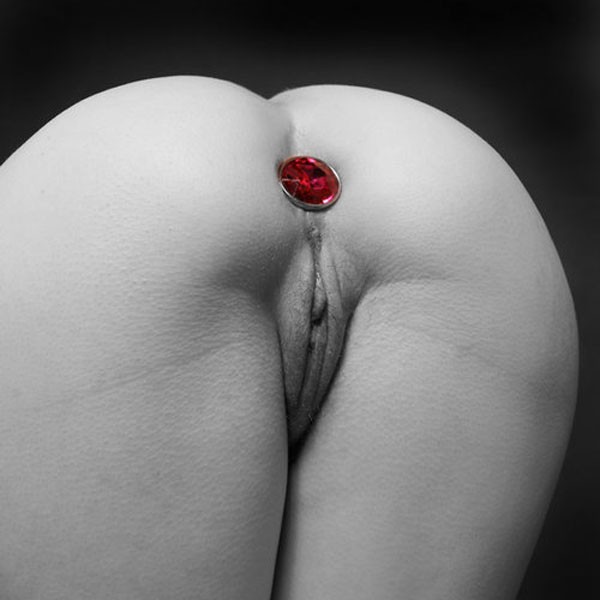
A short history lesson to return to the footsteps of libertinism …
Originally, the practice of licentiousness was a kind of philosophy, all of this takes us back to the time of Greek antiquity to the time of the doctrines of the Greek philosopher « Epicurus ». So I can assure you that this practice has been around for a long time.
« Epicurus » was a follower of free thought, moreover he said: « beyond the laws and rules known to all can be found truth, innovation. It is therefore a mistake to stop thinking about these rules and laws alone ”.
Today, we realize that history proves him right, since those who refused to believe as true everything that was known at the time are today considered the greatest thinkers, artists, philosophers, scientists or even inventors of all history.
The libertine is not only that idle and decadent aristocrat that we have grown accustomed to imagining. Libertinism is first of all a current of radical thought that crossed all of Europe, from the Renaissance to the French Revolution.
Some people went even further, like the followers of Epicurus, who claimed that the rules applied in societies, laws, religious beliefs were nothing more and nothing less than principles which limited their thoughts. It is from there that were born the foundations of what one calls more precisely nowadays “the libertinism”.
Libertinism has greatly contributed to shaping our society; The word « libertinism » comes from the Latin « libertinus » the slave who has just been freed, « a freed ». It has two main versions:
- in its original version, the libertine is the one who questions all forms of established dogmas, he is a free thinker (or a libertine of mind) insofar as he is freed, in particular, from metaphysics and religious ethics (example: From Montaigne to Sade via Cyrano de Bergerac or Dom Juan);
- in the current version: the meaning that prevails nowadays refers to the libertine of manners, that is to say the one who devotes himself to carnal pleasures (even to group sexuality) with a freedom which exceeds the limits of conventional morality.
Table des matières
Libertinism is the subject of debate
We designate those who break free from social rules by the contemptuous nickname of « libertines ». The « libertines » are, in the Geneva society set up by Jean Calvin in the sixteenth century, those who do not meet the rules of Protestant life imposed in the Swiss city.
The first free-thinkers, whom Calvin calls “libertines” in reference to the Latin “libertinus”, are the freed slaves of ancient Rome. The Renaissance saw a proliferation of thinkers and humanists who reacted against the weight that the Catholic religion has imposed on Europe since the Middle Ages.
Such as Montaigne, who invents the concept of skepticism with regard to any dogma in his Essays or Giordano Bruno, a former Italian monk turned philosopher who ends up at the stake, in 1600, for having claimed that the universe is infinite.
Libertinism is therefore the current of thought of all those who want to conquer the freedom of a man who lives only according to the rules of nature.
It was in the 17th century that mentalities changed. With the reigns of Henri IV and that of Louis XIII, society evolves and customs become lighter. The libertine then becomes an Epicurean intellectual. Like “les Messieurs du Marais”, a group of learned young aristocrats who enjoy life and its pleasures. Atheists, debauched and loving luxury, they are inspired by the thoughts of the Italian Giulio Cesare Vanini to publish satirical or erotic texts anonymously. Among them, the famous Théophile de Viau, the most widely read poet of the whole of the 17th century.
Libertinism and poetry
These libertines then refer to a certain “libertinism” or learned libertinism, which will influence other authors such as Edmond Rostand in Cyrano de Bergerac or Pierre Gassendi. But it is Pierre Bayle who acts as a true libertine thinker. In his book Various thoughts on the comet (1683), he developed the idea that a libertine can be an atheist and live with his own morality. Something unimaginable at the time.
Throughout the 17th century, the libertine is known to be a man of light morals. The character of Dom Juan is popularized by Molière, and with him the idea that a libertine takes advantage of this current of thought to free himself from any morality. This image of the depraved aristocrat takes on its full consistency in the 18th century. At the same time that the philosophers of the Enlightenment see in freedom an ideal to be achieved in the quest for happiness, the libertine novel appears and becomes a particular literary genre. The death of Louis XIV, in 1715, signs the appearance of a new debauchery of manners.
Libertinism, an art
The libertine works of the 18th century are openly erotic, like the tales of Voltaire or Diderot. But it is also about initiatory stories, where a young aristocrat enters the company to learn there what it hides most licentious. Vivant Denon’s novel, Point of Tomorrow, is quite representative of this style. But it is without a doubt Dangerous Liaisons, by Choderlos de Laclos, which is the reference.
Libertinism then takes on its full extent, and is even found in the paintings of Boucher, Watteau or Fragonard. The end of the 18th century is the prerogative of libertine authors, such as the Comte de Mirabeau, Restif de la Bretonne or Sade, the Divine Marquis, undoubtedly the most extreme author of libertine thought. Philosophy in the boudoir is his true libertine essay, as this book calls on Man to free himself from morality, God or any social norm, to listen only to Nature and its instincts. Thus legitimizing, for example, the worst of misdeeds, such as murder.
With the French Revolution, libertinism loses its main raison d’être. Libertines are legitimate because they live in a society with solid shackles. Broken by 1789, French society is transformed and the libertines no longer appear as « free thinkers ». Since then, libertinism refers only to depravity and moral laxity, no longer having any intellectual connotation. There is only Aragon, in the twentieth century, to assert itself libertine. The surrealist poet sees himself as such because he defines libertinism as « the love of life, of ideas and of freedom ».
Libertinism, today
How do libertines evolve in our society, good! I want to tell you, we do not find them all in sects, nor in a particular religion, nor in clubs strictly reserved only for them, or in particular groups. These are people like you and me who have chosen to live their lives differently, and do not care at all that they may interfere with « good society » with its rules and dictates. The libertine will be free to choose his religion, he will be an atheist or not, he will do as he sees fit. He will not be judged, we have made a big leap forward.
On the other hand, the libertine will be sexually emancipated, he will have no gene in practicing a physical relationship with a partner other than his own, if the latter is aware and obviously accepts it. And vice versa, he accepts the same for his partner, it is the rule of debauchery. It is a quest for freedom, without fuss, without fixed rules, imposed by other people. On the other hand, they will not go beyond the law, it is already that. Many would like to believe in total freedom, but unfortunately or fortunately we live in a land of law, rules and limits. « Do not encroach on your neighbor, put distances, we know all these terms and in the end the freedom of one stops where the freedom of the other begins ».
Each libertine can take advantage of his own ethics and a code of conduct which will make him prefer certain sexual practices to others. The whole thing lies in the fact that a libertine, necessarily, will do what he wants, especially in matters of sexuality.
So-called libertine practices are therefore those that fall outside the ranks. The ones that not everyone « well done » would do. They have been around for centuries, they come out of the shadows and make more than one fantasize. And yet, they are still practiced by a minority.
In the libertine environment, there are codes known as « good practices, and good morals », we say libertine rules that they are called « the libertine contract ».
Each individual makes an agreement in principle, on the way in which he sees his evolution in this world, he codifies the terms of his relationship, whether sentimental or not, gendered or not, according to his desires. In fact, if we look closely, we could reach agreements in principle in all situations, whether you are in a common-law relationship, in a monogamous couple, married, etc…. provided that your dialogue is thought out and constructed.
Libertinism and women
Above all, she seeks to have fun. Today, women also learn to take pleasure, whereas before, the majority went to clubs to follow their husbands or to please them. Libertines therefore all recognize themselves in a common quest for pleasure. They feel liberated from other couples and have in common the impression of belonging to an elite.
FREEDOM AND COUPLE
If it does not create a revolution of manners, Libertinism contributes to the revolution of manners. It transforms couples and their recomposition.
Notably because it gives the sexual sphere a place as important as the sphere of the couple and that of the children. It is a conquest for women, and for men, a way to make previously hidden sexuality much more visible.
We can therefore imagine that the relationship to sexuality changes and that debauchery will take an even more important place. But it is still impossible to guess how the thing will evolve.
Libertinism in clubs
We can talk about a phenomenon that is growing, thanks to the internet for that matter; Before the 90s, there were no or very few articles dedicated to the libertine club. Libertinism remained “taboo”, we did not say that we practiced this form of sexuality, for fear of shocking, and that remained reserved for the upper classes known as “upper classes”.
But luckily times have changed, and couples have opened up to this practice to spice up their sex life, they have followed the gay movement and sexually liberated themselves. Just like the sextoys shops are democratizing, libertinism is an integral part of the evolution of our society.
In each department, in France, there are more and more libertine establishments, which would tend to say that there is a growing demand.
In conclusion :
Libertinism is above all a philosophy of life, you have understood it, I hope. We consume, we enjoy everything, at every moment of life. We treat ourselves and others; in short, we do ourselves good morally and physically.
Find other articles on our sextoys blog


